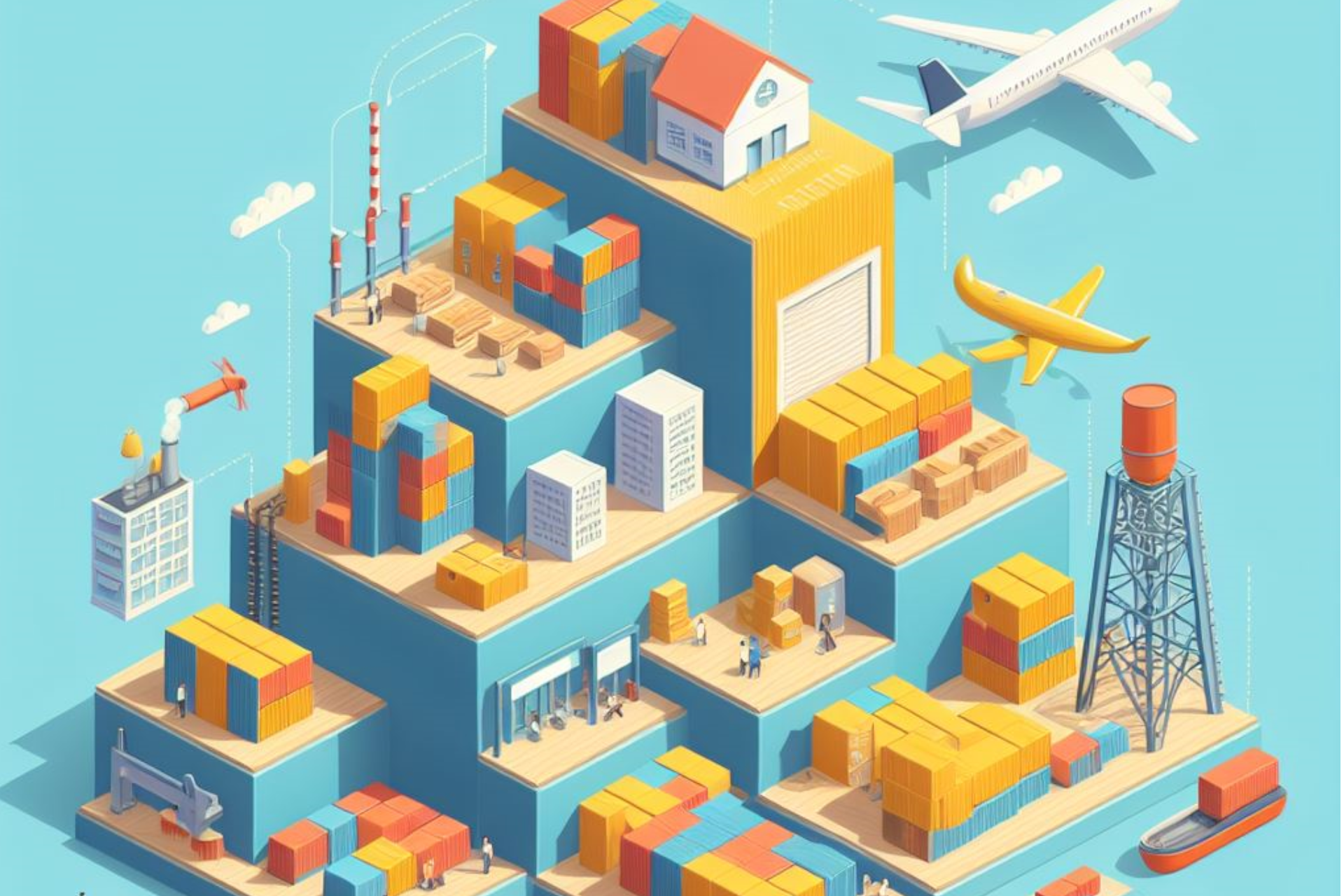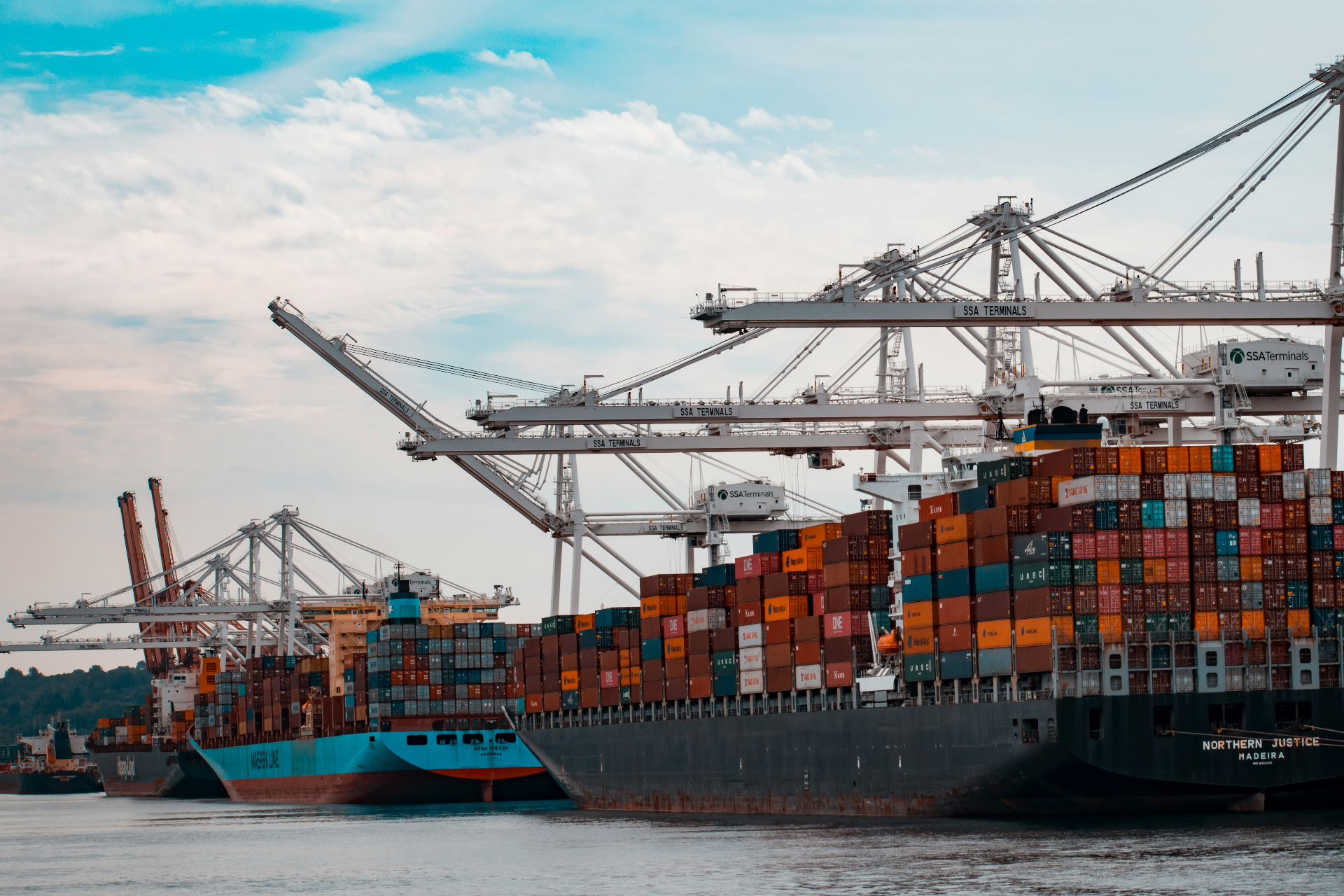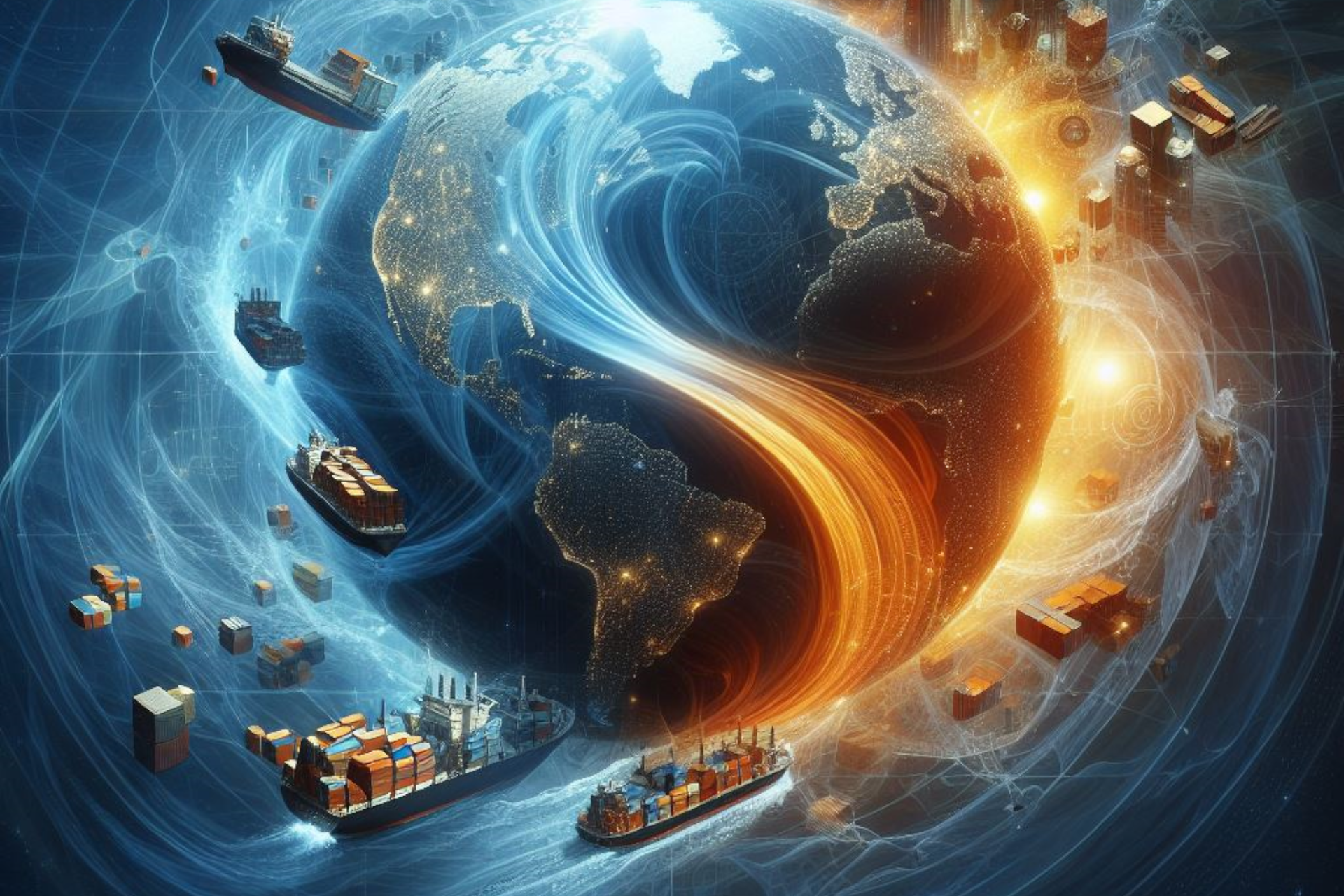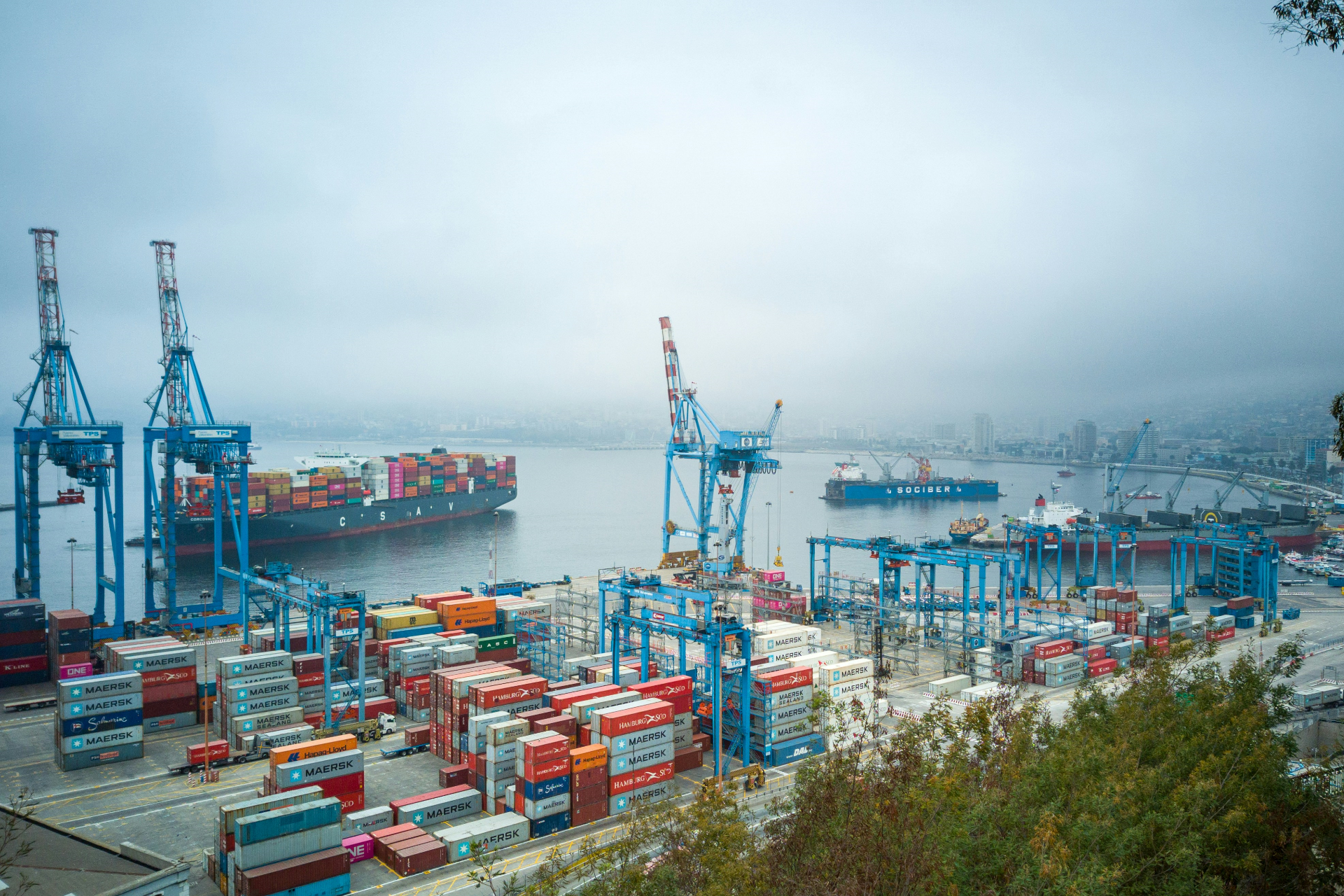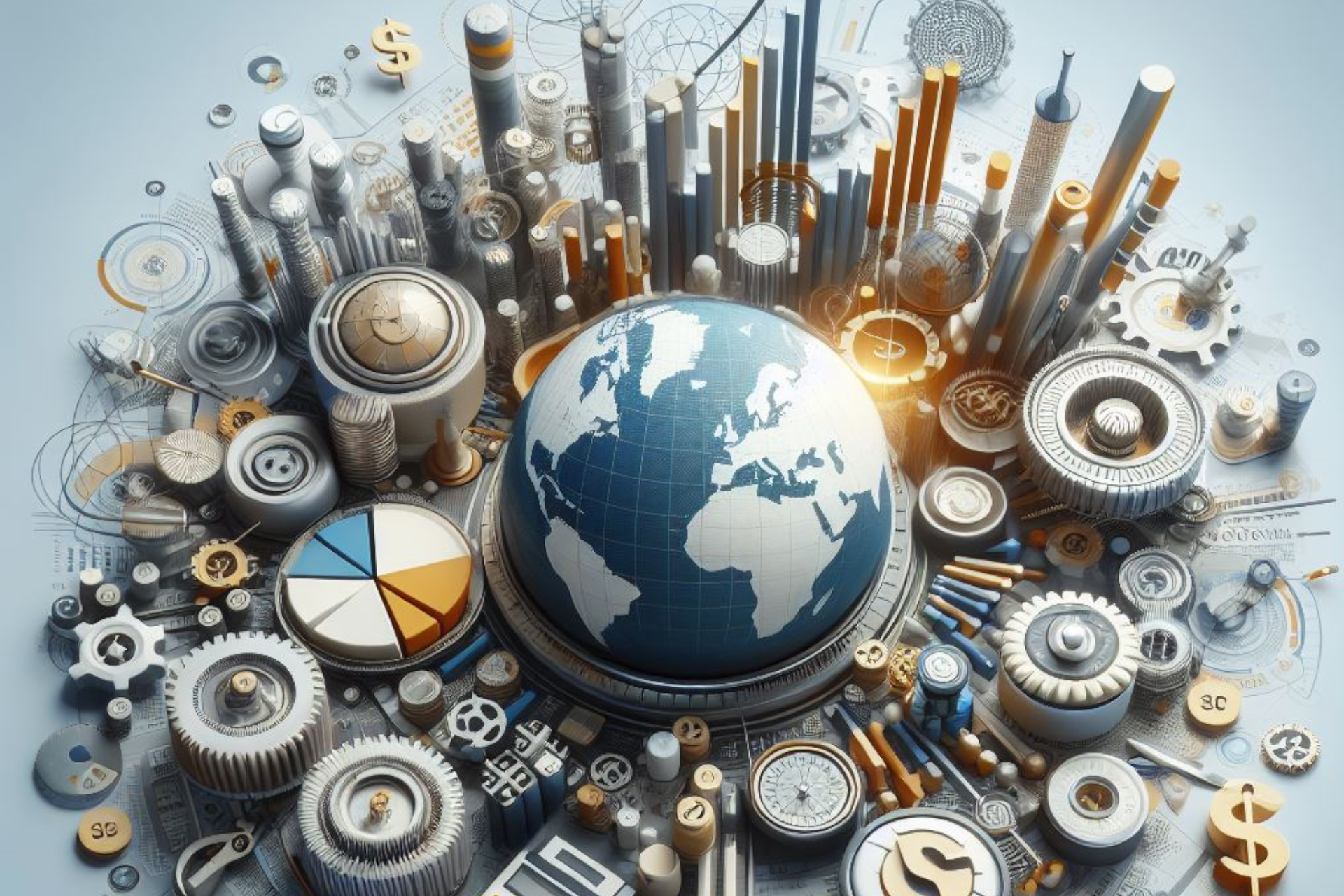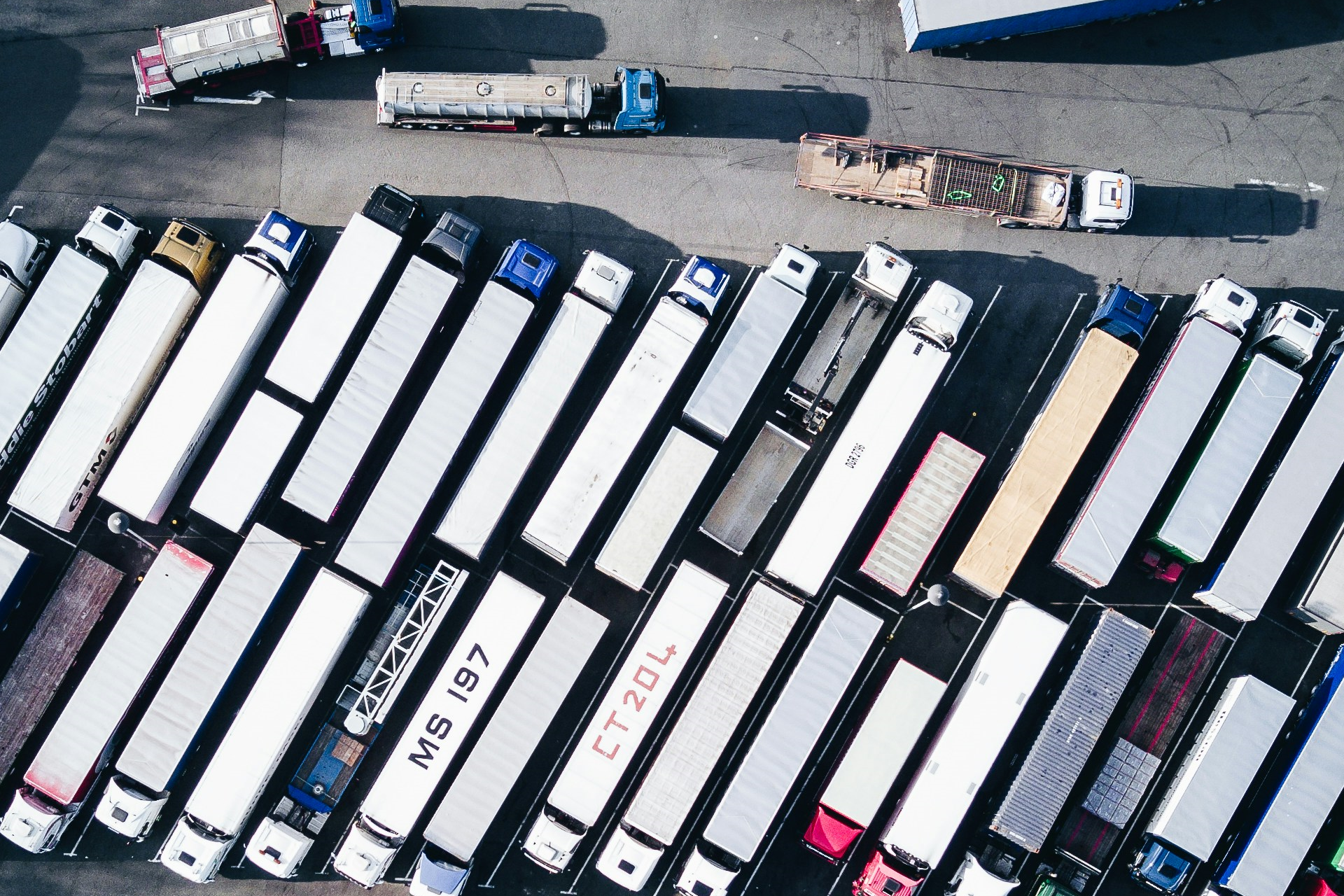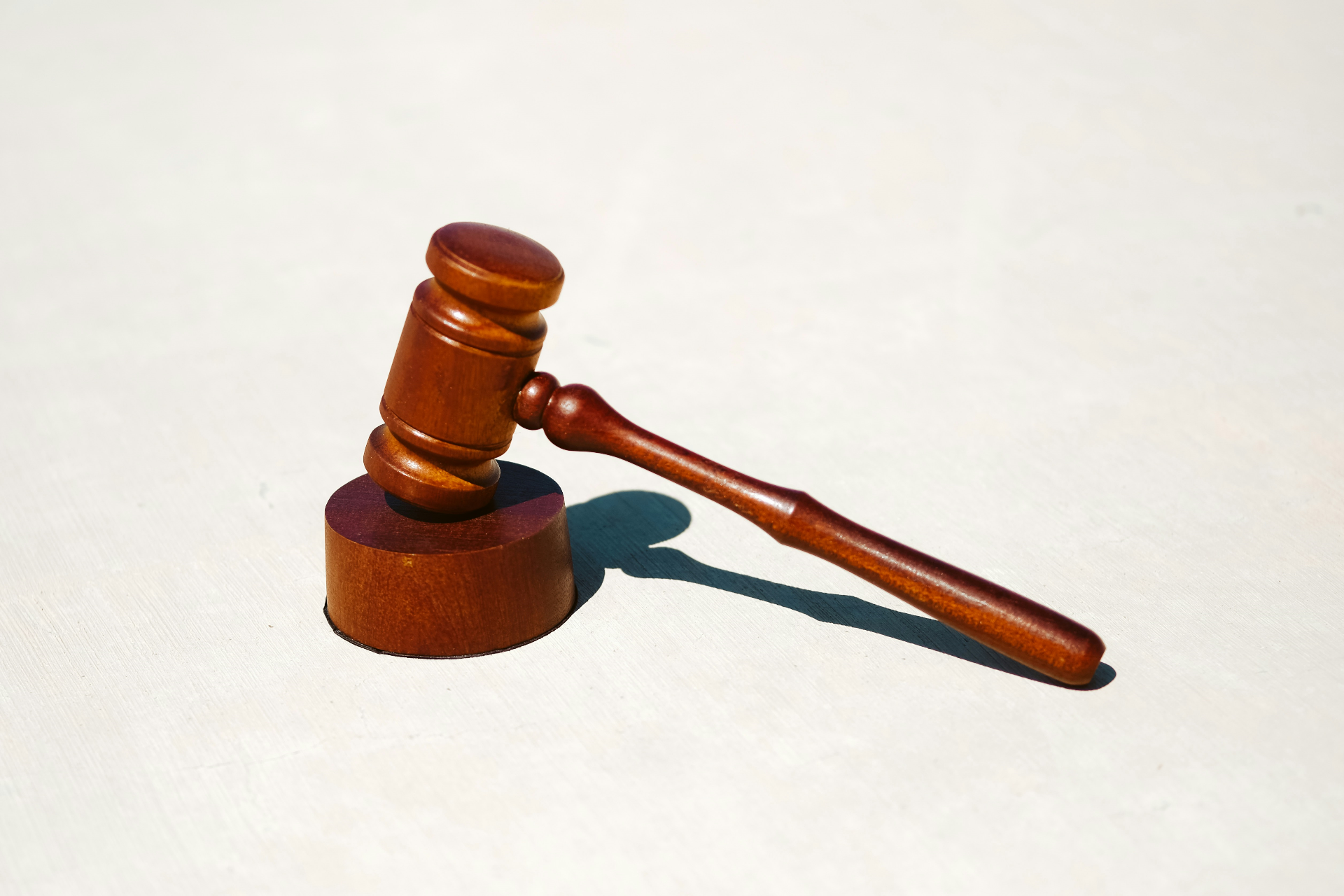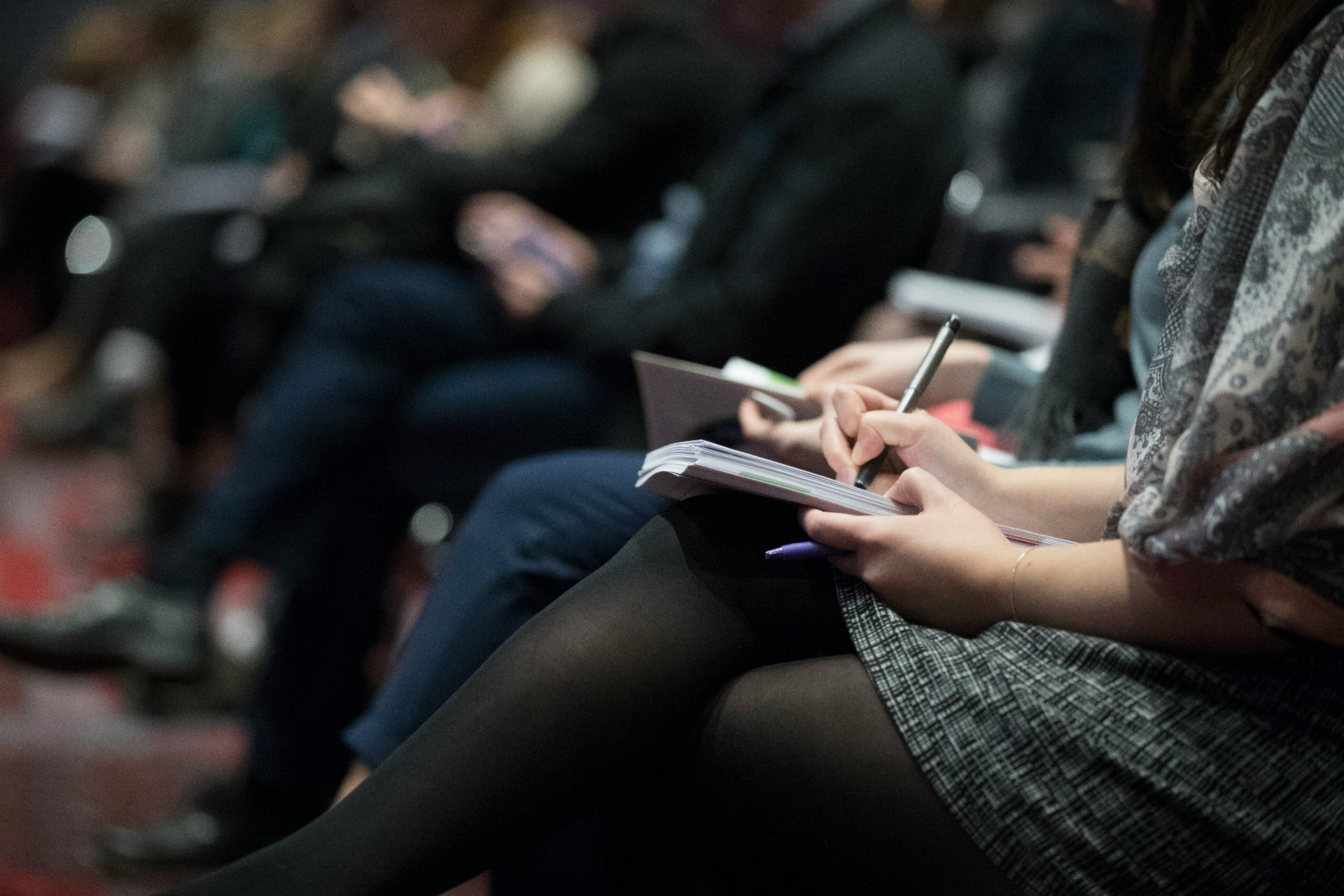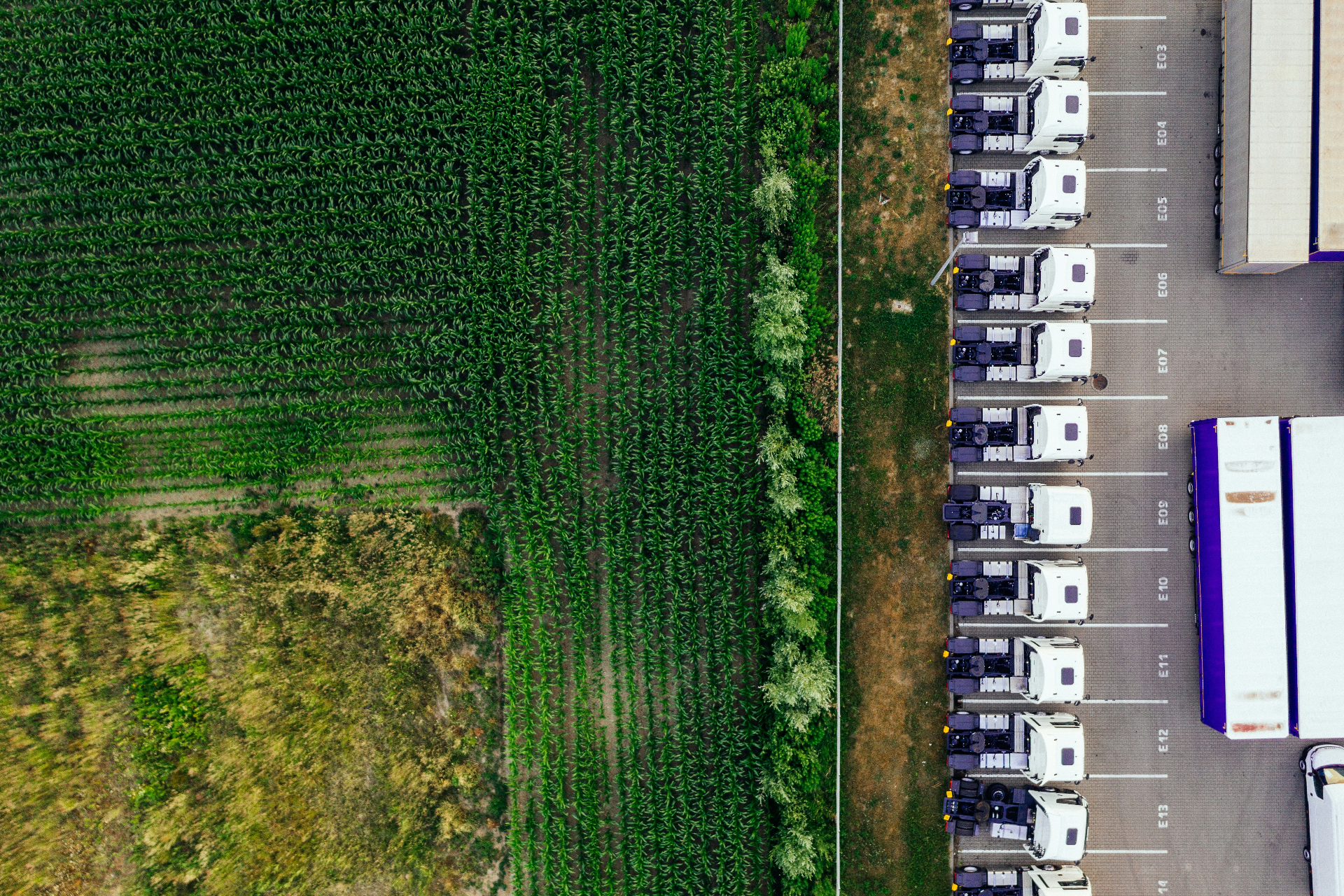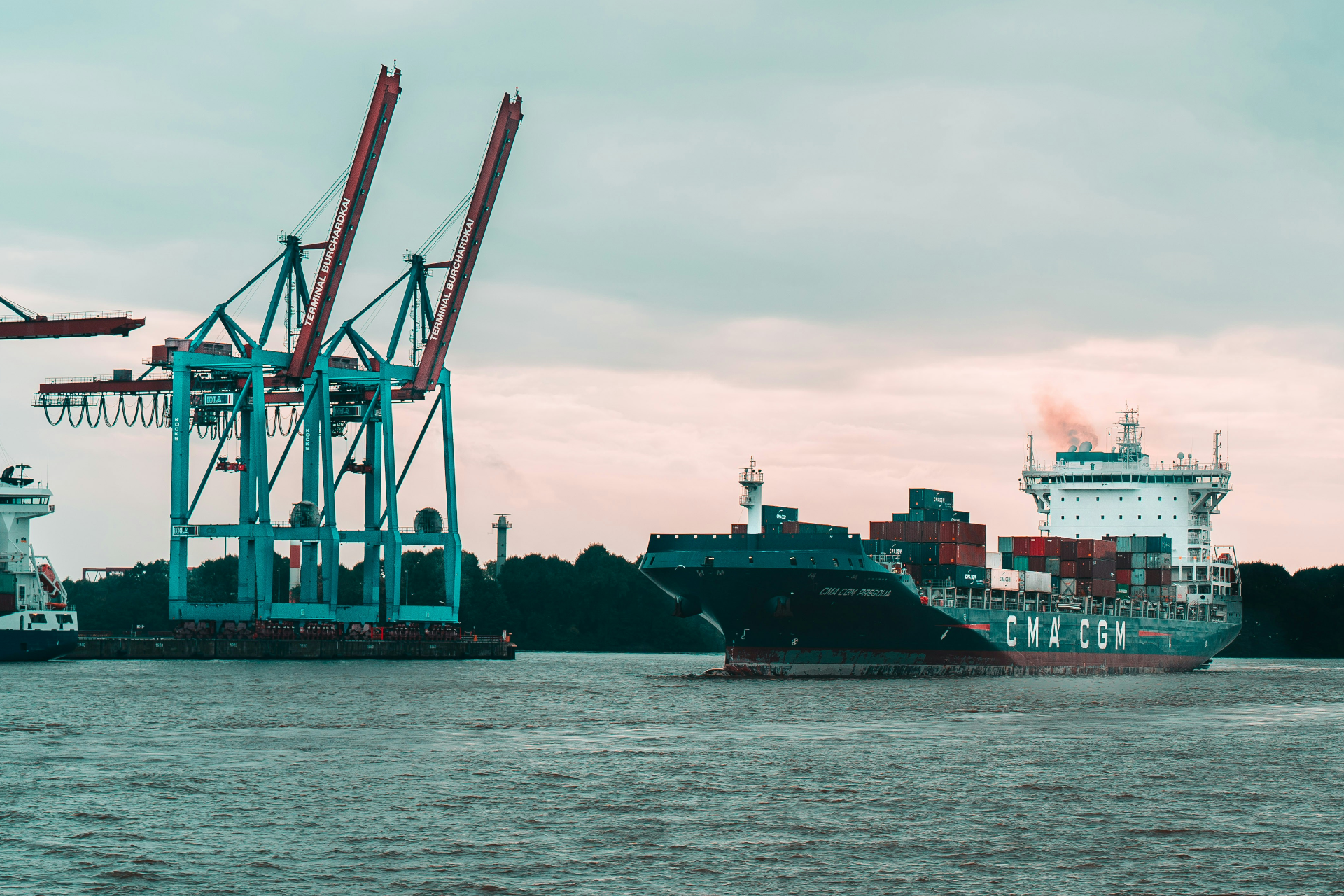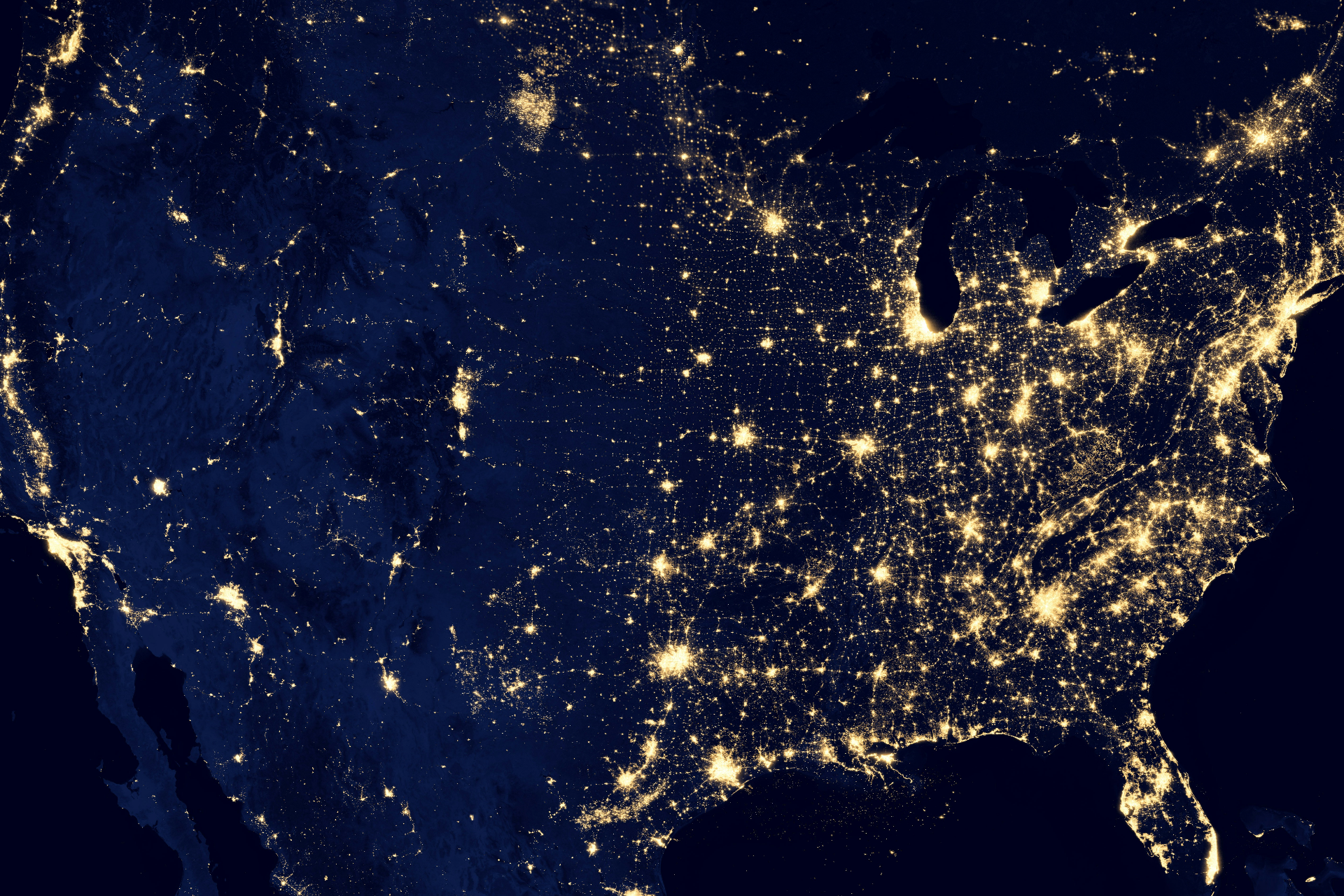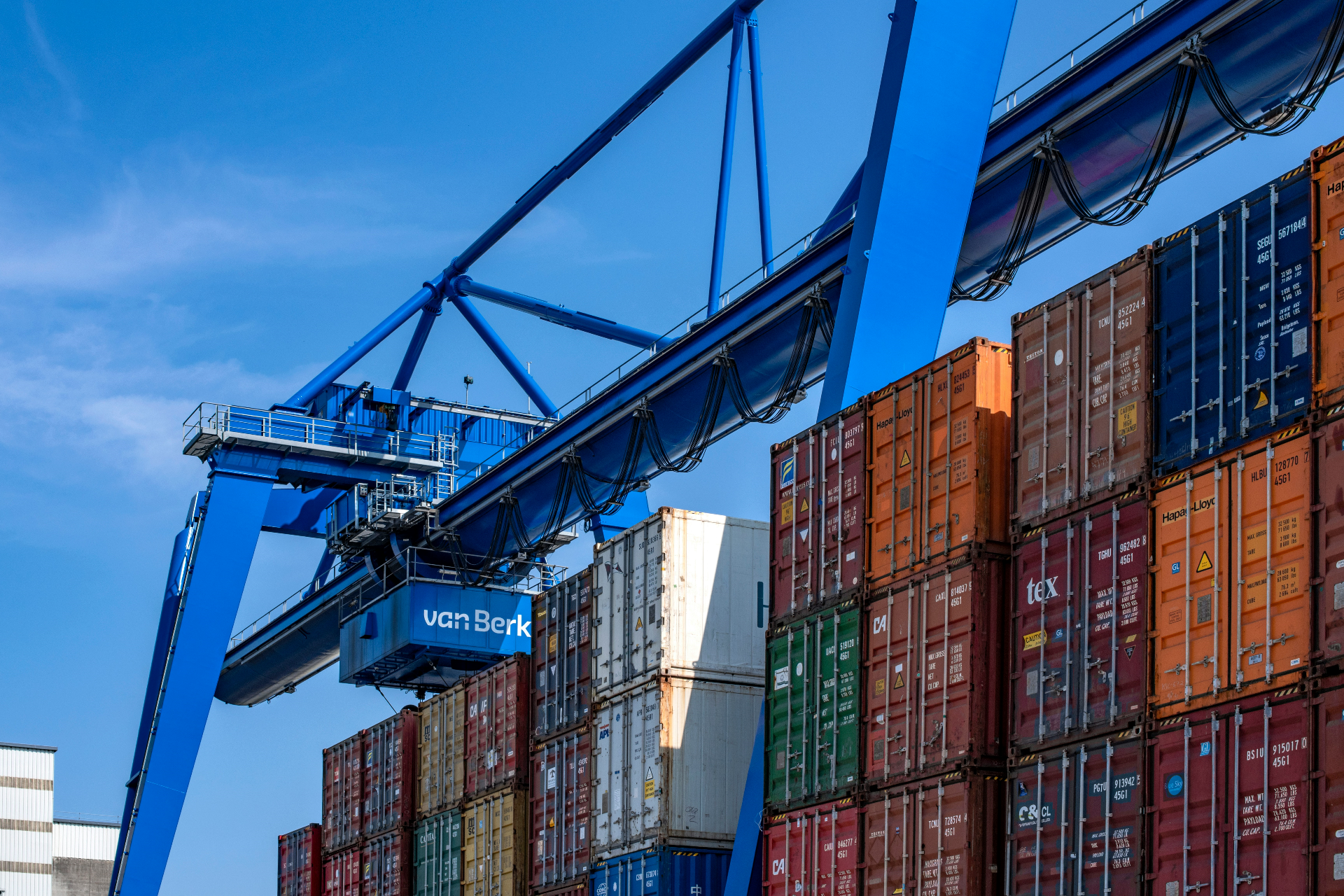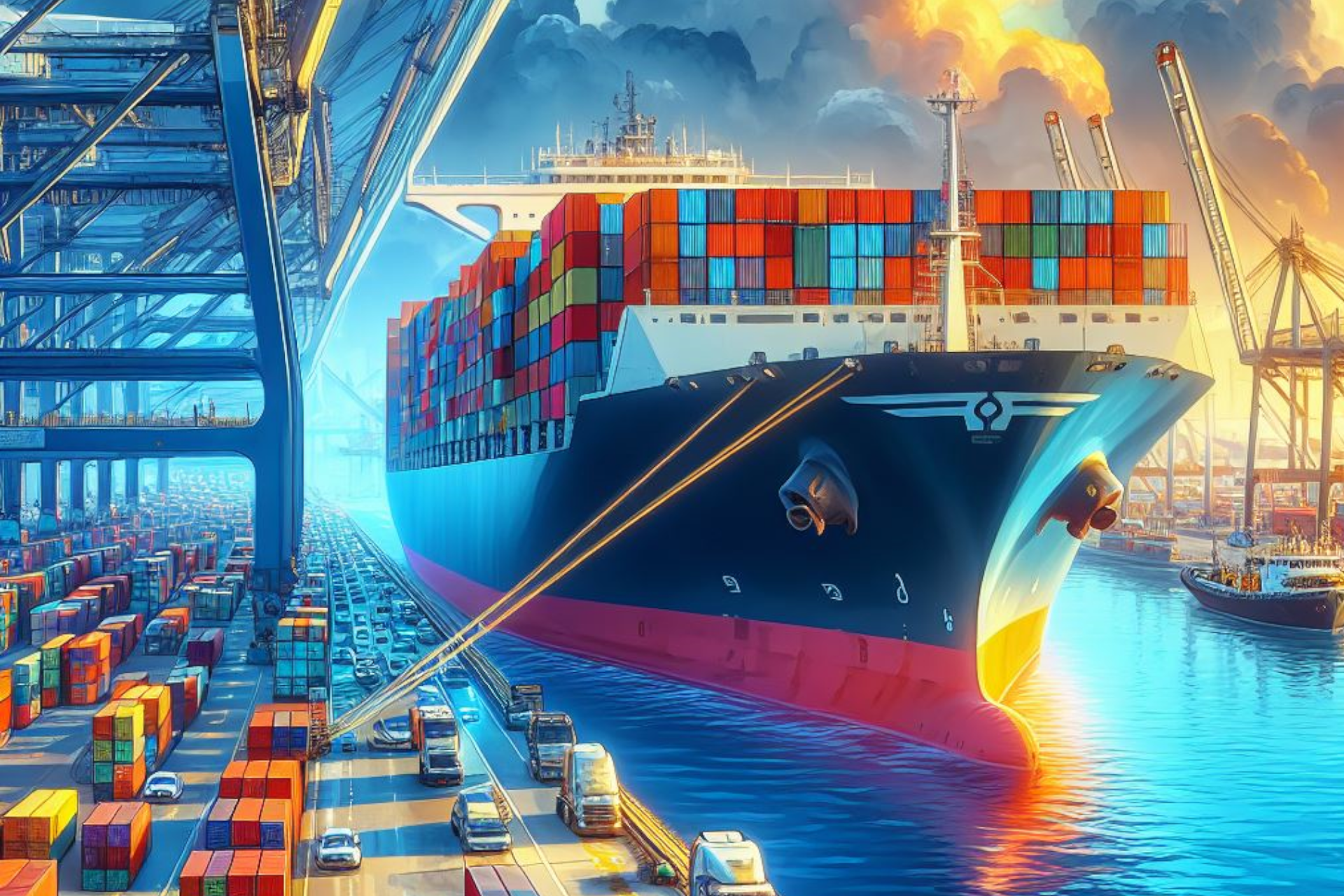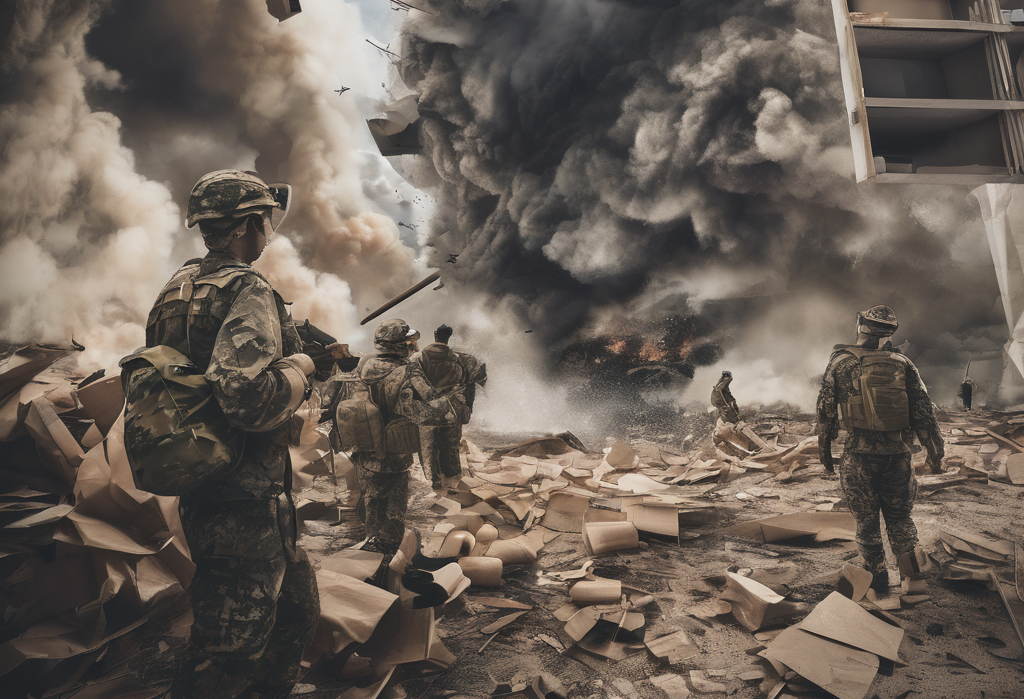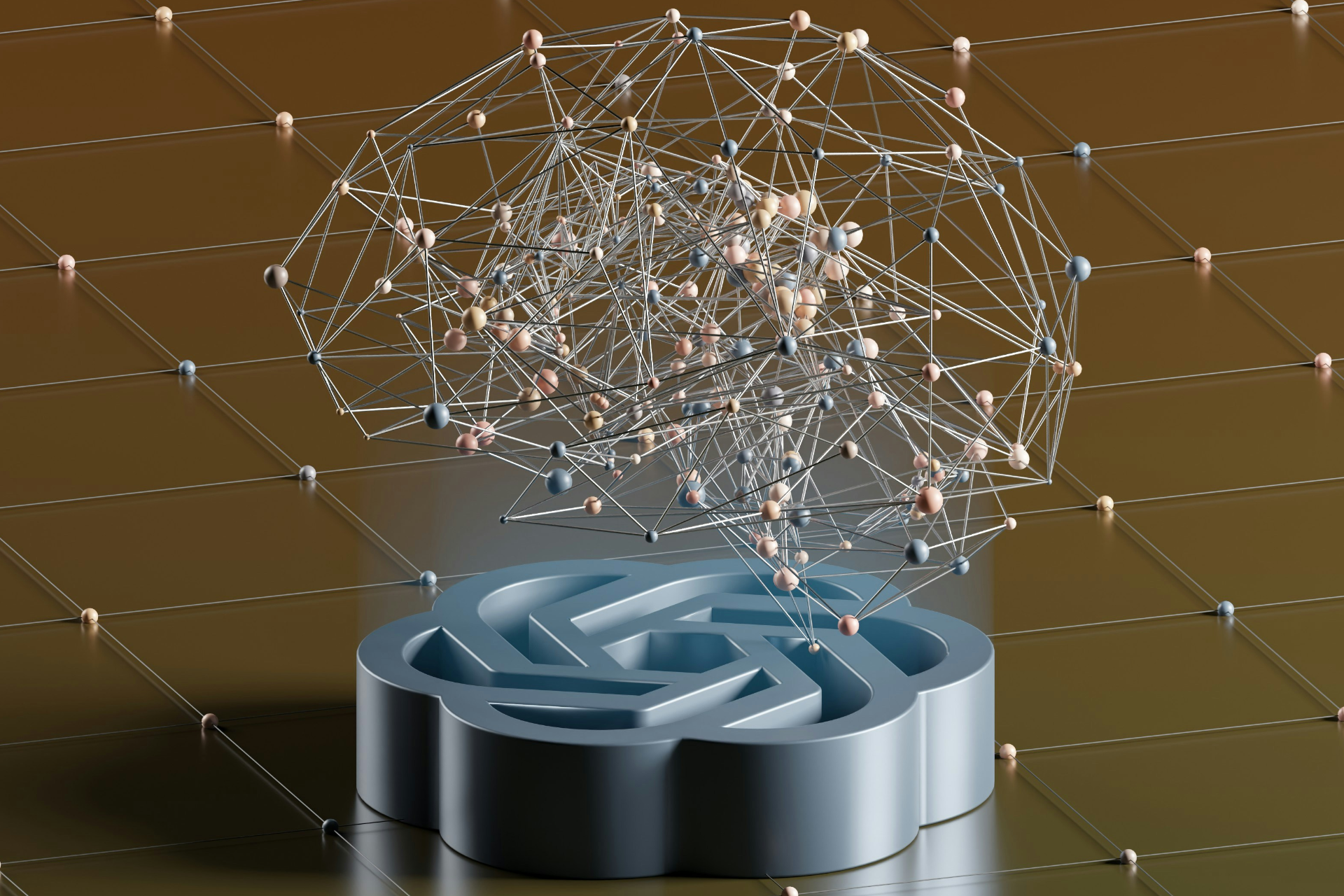By managing trade agreements, offering a forum for trade talks, and resolving trade disputes, the World Trade Organization contributes significantly to the promotion of international trade. The WTO ensures that the interests of all member nations are taken into account through its consensus-based decision-making process, fostering cooperation and advancing an international trading system based on rules. Businesses and policymakers may better manage the complexity of international trade and work toward a more just and prosperous world by knowing the roles and significance of the WTO.
Functions of the WTO
- Trade agreement management: The WTO is in charge of managing and overseeing the execution of international trade agreements. The guidelines for transnational commerce in products, services, and intellectual property are established by these accords. Regional trade agreements are also under the WTO's watchful eye to make sure they adhere to its rules and values.
- Providing a forum for trade negotiations: The WTO offers member nations a stage to discuss and formally seal trade deals. These talks, referred known as "trade rounds," are meant to lower trade restrictions and widen market access for products and services.
- Settling trade disputes: The WTO's dispute settlement process is intended to end trade disagreements between members. The WTO enables negotiations between the parties when a disagreement develops. If the discussions are unsuccessful in resolving the problem, the matter is sent to a panel of experts, who deliver a decision in accordance with WTO agreements. The WTO's Appellate Body will hear appeals of the decision.
- Monitoring trade policies: The Trade Policy Review Mechanism (TPRM) of the World Trade Organization (WTO) regularly examines the trade policies of its members to determine if they are in compliance with WTO regulations and to assess their effects on the international trading system.
- Providing technical assistance and capacity building: The WTO provides technical assistance and training to assist developing nations in enhancing their capacity to take part in talks on world trade and put WTO agreements into practice.
Membership and Decision-Making
The 164 nations that make up the WTO as of September 2021 account for more than 98% of world trade. The WTO operates on a consensus-based system, which requires unanimous agreement from all members before a decision may be enacted. The interests of all members, especially those of smaller and emerging nations, are guaranteed to be taken into account in the decision-making process thanks to this consensus-based approach.
The WTO's Highest Authorities
- Ministerial Conference: The Ministerial Conference, which convenes at least twice every two years, is the WTO's top decision-making body. All of the member nations' trade ministers attend the meeting, where important trade-related decisions are made.
- General Council: The WTO's General Council serves as the primary decision-making body and is in charge of managing daily operations. Representatives from each of the member nations make up the council, which holds regular meetings all year long.
- Director-General: The Director-General is the WTO's chief executive officer, is in charge of overseeing daily operations and representing the WTO in interactions with other international organizations and countries.
Related Information


















